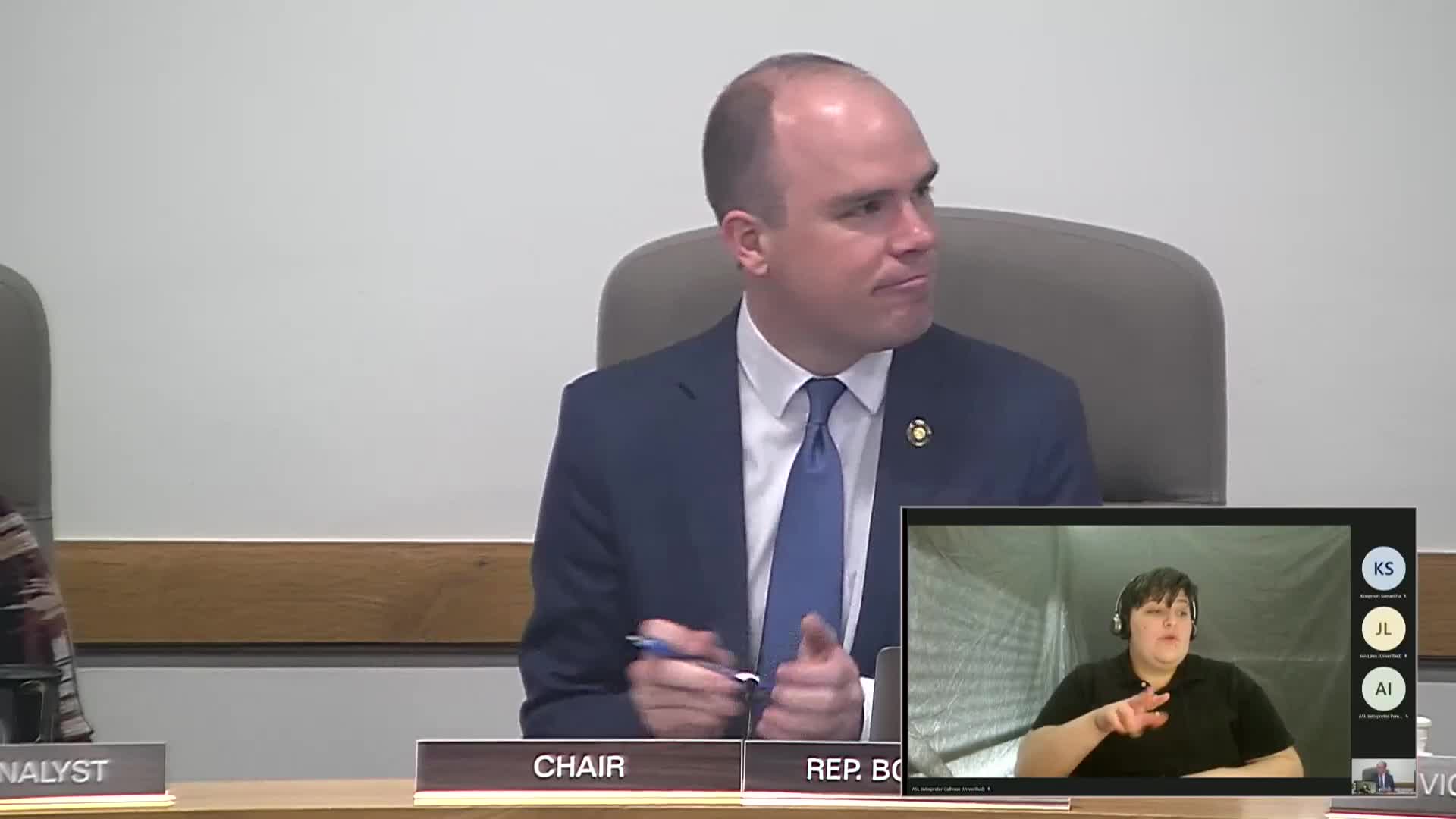Supporters and opponents clash in Rules hearing over HB 3,409 amendment letting covered entities use clearinghouse to identify 340B claims
Get AI-powered insights, summaries, and transcripts
Subscribe
Summary
House Bill 3,409 (dash 2) would prohibit pharmacy benefit managers and insurers from forcing contract pharmacies to add 340B claim modifiers if the covered entity submits claims through a clearinghouse; proponents said the change reduces administrative burden for rural providers, opponents said it weakens transparency and accountability.
House Bill 3,409 (dash 2 amendment) drew an extended hearing on April 21 before the House Committee on Rules. The measure would specify circumstances under which a pharmacy benefit manager (PBM) or insurer may not require a modifier or indicator that a dispensed drug was purchased under the federal 340B program, and would prohibit PBMs from requiring participation in or subscription to a clearinghouse. The bill also clarifies that PBMs may not penalize pharmacies participating in 340B contract arrangements by paying them less or excluding them from networks for that reason.
Mister Niebuhr introduced the measure and described the dash 2 amendment’s technical changes, including a 90-day effective delay. Representative Cyrus Javidy, a sponsor, said the bill aims to preserve access to medicines in rural areas where a contract pharmacy may be the only nearby pharmacy and to reduce administrative burdens that force some pharmacies not to participate in 340B arrangements.
Proponents — including the Oregon Primary Care Association and the Oregon Primary Care Association’s partner organizations — described the current practice as administratively burdensome: pharmacists must often apply a modifier or reopen a claim after the point of sale, which can be time-consuming and impractical for small community pharmacies. Supporters said the clearinghouse model (used in some states) would let covered entities submit claim information to a third-party clearinghouse that would validate, tag and report 340B claims, relieving pharmacists of repetitive back-office tasks. Witnesses named clearinghouses operating in other states and said national vendors exist.
Opponents, including Daria McGrew of PhRMA and other industry witnesses, argued the clearinghouse proposal reduces transparency and accountability. McGrew told the committee that claims modifiers are a “gold standard” used by Medicare and recommended by CMS and that the clearinghouse approach is untested, could create conflicts of interest and would weaken safeguards against duplicate discounts and diversion. PhRMA also cited federal oversight gaps in 340B (audits by HRSA and reports from GAO and OIG) to argue the program needs stronger accountability, not the proposed change.
Other commenters noted the bill would complement House Bill 2,385 (already advanced elsewhere) and an Arkansas law upheld by the Eighth Circuit was cited in support. Several speakers urged careful definition of “clearinghouse,” data standards and neutral operations. Testimony included figures: one witness cited nationwide 340B sales of about $66 billion in the previous year and GAO/OIG findings about limited federal audits; proponents emphasized that clearinghouses exist in Virginia and Rhode Island and have been used by some covered entities.
Committee members asked technical questions about whether clearinghouses exist in Oregon, how data sufficiency would be enforced, whether the model would reduce transparency and how insurers and PBMs would interact with a clearinghouse. Testimony said clearinghouse vendors operate nationally and that some states use them for Medicaid duplicate-discount checking; opponents urged caution and additional transparency safeguards. The committee closed the public hearing with no recorded vote at that meeting.
